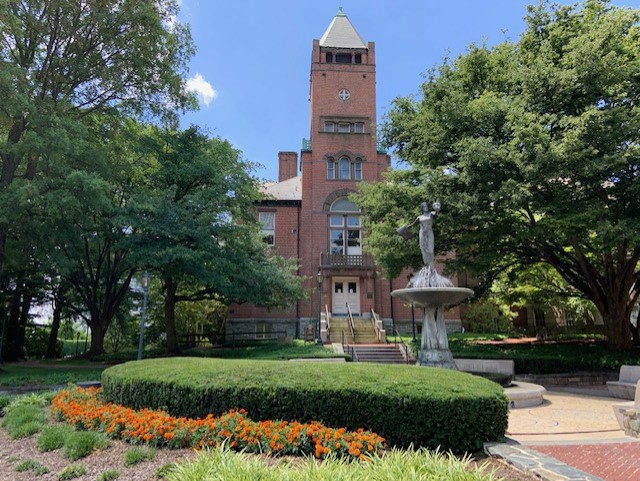Drug Court
 The Drug Court Program was started in 2004. The State’s Attorney’s Office works with the Office of Problem-Solving Courts to enroll participants in the program that are repeat offenders whose criminal conduct is motivated by their drug addiction. This is a collaborative effort between our office, the Office of Problem-Solving Courts, the Office of the Public Defender, the Department of Health and Human Services and the Department of Parole and Probation. The goal of Drug Court is to get people the extensive services that are needed to overcome their addiction so that they can be productive members of the community. Many of the participants are able to stay out of jail in order to begin the recovery process. In the past two years, in response to the ongoing opiate epidemic, our office has worked with Drug Court to start an Intervention Track for individuals that do not have an extensive criminal history but do have a need for treatment due to a severe opiate addiction. This track is also used for individuals with multiple driving under the influence cases.
The Drug Court Program was started in 2004. The State’s Attorney’s Office works with the Office of Problem-Solving Courts to enroll participants in the program that are repeat offenders whose criminal conduct is motivated by their drug addiction. This is a collaborative effort between our office, the Office of Problem-Solving Courts, the Office of the Public Defender, the Department of Health and Human Services and the Department of Parole and Probation. The goal of Drug Court is to get people the extensive services that are needed to overcome their addiction so that they can be productive members of the community. Many of the participants are able to stay out of jail in order to begin the recovery process. In the past two years, in response to the ongoing opiate epidemic, our office has worked with Drug Court to start an Intervention Track for individuals that do not have an extensive criminal history but do have a need for treatment due to a severe opiate addiction. This track is also used for individuals with multiple driving under the influence cases.
While the Drug Court is in Circuit Court, many cases from the District Court are able to be brought in through the judicial process. Our office coordinates with the District Court and the defense attorneys to transfer cases that involve crimes such as prescription fraud and driving under the influence.
Cases are evaluated on a case-by-case basis. The State’s Attorney’s Office reviews the criminal history of each defendant, the facts of the crime involved, and any public safety concerns. If the criminal conduct is motivated by drug seeking behavior or committed while under the influence of drugs or alcohol that is considered by the State. In addition to our assessment, each applicant must meet with a therapist to have their clinical eligibility determined.
The Drug Court Program is a minimum of 22 months and is divided into multiple phases. Initially individuals come to court once a week, on Thursdays, do three treatment groups per week, participate in individual treatment sessions as recommended by their therapist, provide urinalysis three times a week, check in with a case manager at least once a week and go to at least three AA or NA meetings per week. As the participant progresses their requirements lessen. Any relapses or missed sessions are addressed via sanctions.
Our office receives referrals to the Drug Court Program from various sources. Some cases are brought to our attention by the police or family members of potential participants. Defense attorneys are able to make referrals. Finally, our office reviews cases and makes referrals on our own.
To graduate from Drug Court individuals must complete all four phases of the program and show a commitment to recovery and sobriety. They must be employed and show maintained sobriety. Upon completion the individuals are released from probation.
